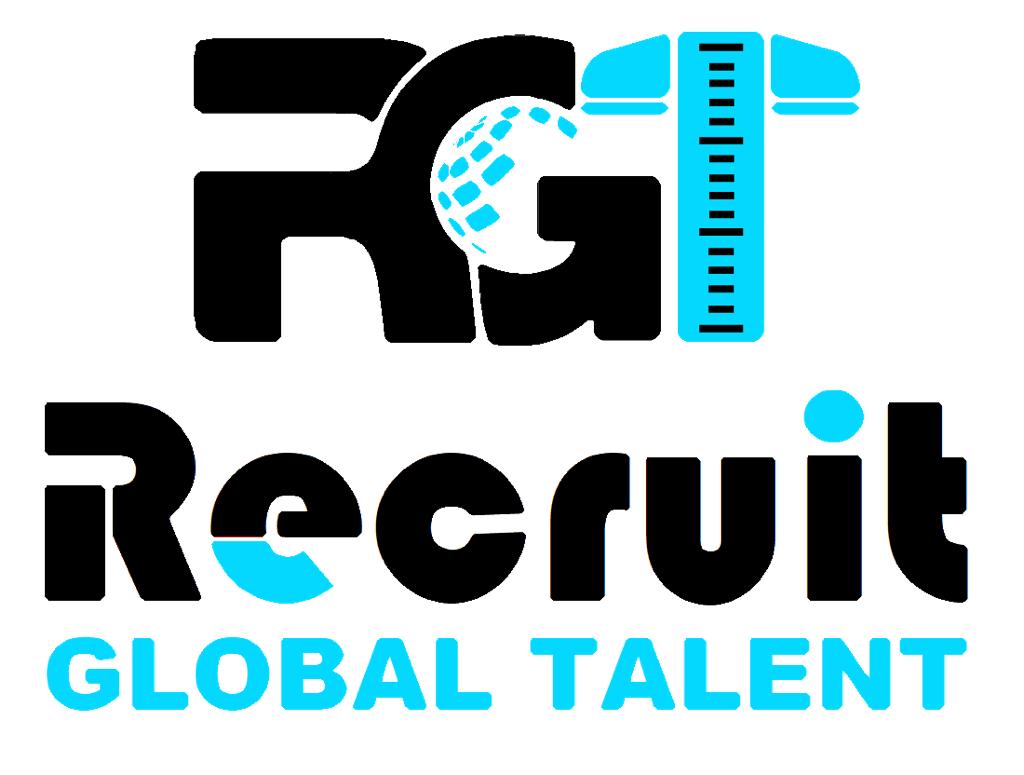Top tech companies frequently ask behavioral and technical interview questions.
During your job interview, behavioral and technological questions may be asked. These concentrate on your character, abilities, and talents rather than your prior experience and educational background. An interviewer could request that you discuss a complicated issue, which might help you understand how you handle it.
The key to performing well in a behavioral and technical interview is to provide concrete examples of how your abilities and experiences have prepared you for the job you are applying for. When you’re done, turn to the employer’s perspective and list your experience and skills. This will give the company a clear understanding of your skills and suitability for the position.
The Top 8 Software Engineer Behavior Interview Questions and Answers to Expect During a Job Interview. This blog will go through the most common behavioral interview questions and answers that you may expect during a job interview. After that, we’ll look at some efficient strategies for answering behavioral inquiries.
What are behavioral questions, and why do employers ask them?
Employers ask behavioral questions to learn about your past behavior to predict future behavior. They want to know how you have handled various work situations and whether or not you would be a good fit for their company.
Behavioral questions are usually framed as follows: “Tell me about a time when you _______.” The blank can be filled in with just about anything, but some common topics include:
- Led a team
- Dealt with a demanding customer
- Made a mistake
- Implemented a new process
The interviewer is looking to see how you react under pressure, how you handle difficult situations, and whether or not you take the initiative. They want to see if you have the skills and qualities they are looking for in an employee.
When answering behavioral questions, it is essential to use the STAR method. This stands for Situation, Task, Action, Result. This method will help you structure your answer in a way that is easy for the interviewer to follow and ensure that you include all relevant information.
8 behavioral interview questions and sample answers
Here are some sample behavioral interview questions for technical jobs that you might be asked during a job interview. Consider how you’d respond to the questions and what experiences you’d like to share while giving a solid response. What experiences do you want to discuss, and how would you explain them to the interviewer? Your examples should be precise and concise.
1. What if you disagree with a coworker?
There may be instances when you and a coworker disagree on accomplishing a task. Because they want to learn more about your skills in working with other team members, the hiring manager might ask this behavioral interview question. These software engineer behavioral interview questions will help the interviewer assess how you handle challenging situations at work, so she’ll focus on how you handled a problem with a colleague in the past.
Use the STAR format to structure your response in your response. The acronym “situation, task, action, and result” stands for “situation, task, action, and result,” which is a tool for responding to behavioral and technological interview questions with enough background on the example you’re referring to.
Sample Answer: Let us look at another example. Last year, during a new project, one of my team members suggested we use a style that I felt was out of line with our procedures. In this instance, I had a one-on-one meeting with my coworker to talk about our project ideas and the coding approach we found to be most successful. We then met again, and we both understood each other’s proposals. We then presented our ideas to the rest of the team, allowing everyone to have their say. We were able to decide as a group.
2. Please tell me about a time when you had to multitask. How did you proceed in this scenario?
When you work in tech, there will be times when you have to juggle multiple tasks. The interviewer wants to know how you handle this type of pressure, so she’ll ask you about a time when you had to manage several tasks at once.
In your response, use the STAR format to discuss a time when you were under pressure to complete multiple tasks. Remember to include the situation, task, action, and result in your answer.
Sample Answer: In my previous role, I was working on a project with a tight deadline. I had to juggle multiple tasks and prioritize my work to meet deadlines. I communicated with my team members and let them know what I was working on. I also created a list of tasks and priorities. This helped me to stay organized and on track. I was able to complete the project on time.
3. Can you offer me an example of how you set personal objectives?
When you’re working in tech, it’s essential to be able to set your own goals and work towards them. The interviewer wants to know how you establish your goals, so she’ll ask you about this during the behavioral interview.
In your response, describe a time you set your objectives using the STAR approach. Remember that the situation, activity, action, and outcome should all be included in your response.
Sample Answer: When working on a project, I like to set my own goals. I start by looking at the project’s overall goal and then break it down into smaller goals. I then create a plan of action and set deadlines for each goal. This helps me to stay focused and on track. I also communicate my goals to my team members, so everyone knows what I am working on.
4. Tell me about a time when you were unsure of the situation or environment. How did you handle it?
In the tech industry, there will be times when you are placed in unfamiliar situations. The interviewer wants to know how you deal with these situations, so she’ll ask you about when you were in an unfamiliar place.
In your reply, address a time when you were in an unfamiliar position using the STAR format. Remember that the scenario, activity, action, and conclusion are all required components of your response.
Sample Answer – I recently worked on a project requiring me to use a new software program. I was unfamiliar with the program and the interface. I took the time to familiarize myself with the program by reading the documentation and watching tutorial videos. I then experimented with the program to better understand how it worked. Once I felt comfortable with the program, I could complete the project.
5. Tell me about a time when you needed information from someone who was unhelpful. How did you handle it?
There will be times in your tech career when you need to get information from someone unresponsive. The interviewer wants to know how you deal with this type of situation, so she’ll ask you when you had to get information from an unresponsive person.
In your response, use the STAR format to discuss when you had to get information from an unresponsive person. Remember to include the situation, task, action, and result in your answer.
Sample Answer – I was working on a project and needed some information from a colleague to complete my task. I tried reaching out to her several times, but she was unresponsive. I then went to her office and asked her in person. She was still unresponsive. I decided to wait outside her office until she was available. I eventually got the information I needed and was able to complete the project.
6. Tell me about a time when you made a mistake. How did you fix your blunder?
Everyone makes mistakes, even in the tech industry. The interviewer wants to know how you deal with your mistakes, so she’ll ask you about a time when you made an error.
In your reply, use the STAR approach to discuss a time when you made a mistake. Remember to include the situation, task, action, and result in your answer.
Sample Answer – I was working on a project and made a mistake that led to some data being lost. I corrected the mistake by restoring the data from the backup. I then reviewed the procedures for the project to ensure that this mistake would not be made again. Finally, I communicated the mistake to my team members and told them how I had corrected it.
7. Give me an example of how you’ve collaborated as a group.
You will often have to work as a team in the tech industry. The interviewer wants to know how you work with others, so she’ll ask you about a time when you had to work as part of a team.
In your response, use the STAR approach to discuss a time when you had to work as part of a team. Remember to include the situation, task, action, and result in your answer.
Sample Answer – I was working on a project with a team of developers. We were each assigned tasks that we had to complete. I communicated regularly with my team members and provided them with updates on my progress. I also helped other members of the team with their tasks when necessary. We were able to complete the project on time.
8. What was the most helpful criticism you’ve ever received about yourself?
In the tech industry, it’s essential to receive feedback about your work so that you can improve. The interviewer wants to know how you receive and use feedback, so she’ll ask you about the most helpful piece of feedback you’ve ever received about yourself.
In your response, use the STAR approach to discuss a time when you received helpful feedback. Remember to include the situation, task, action, and result in your answer.
Sample Answer – I received feedback from my manager that I needed to improve my communication with other team members. I took this feedback to heart and tried communicating more effectively with my team members. As a result, we were able to work more efficiently and effectively.
What should I do to prepare for a behavioral interview with a software engineer?
- Before your interview, review the job description and requirements to get an idea of the behavioral questions you may be asked.
- Think of examples from your past experiences that demonstrate the qualities the interviewer is looking for.
- Practice your answers to common behavioral questions to give clear and concise responses during the interview.
- Be prepared to discuss your successes and failures to show the interviewer how you’ve learned from your mistakes.
- Finally, dress professionally and arrive on time for your interview. Behavioral interviews can be intense, so making a good impression from the start is essential.
Final Thoughts
Behavioral interview questions are common and may be asked at any point throughout the recruitment process. Recruiters ask behavioral and technical interview questions to understand who you are and how you have handled professional situations. Employers can see how you’d perform if hired for the job.
They’ll be able to see whether or not you’re a good fit for the position based on your answers. If you practice using the questions in this article for a behavioral interview, you’ll be prepared for many of the typical inquiries you may expect.

